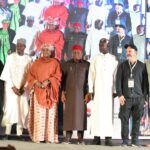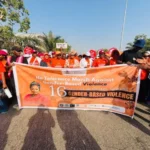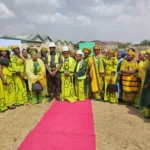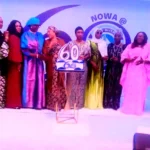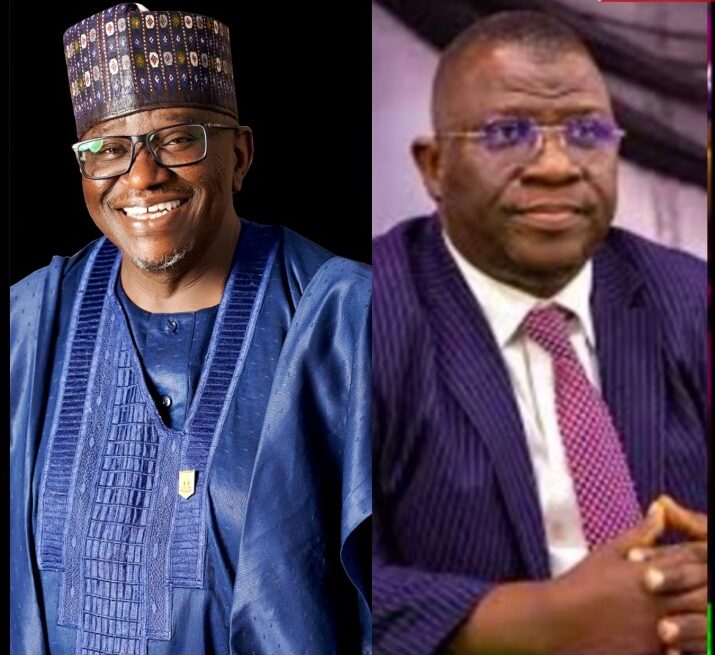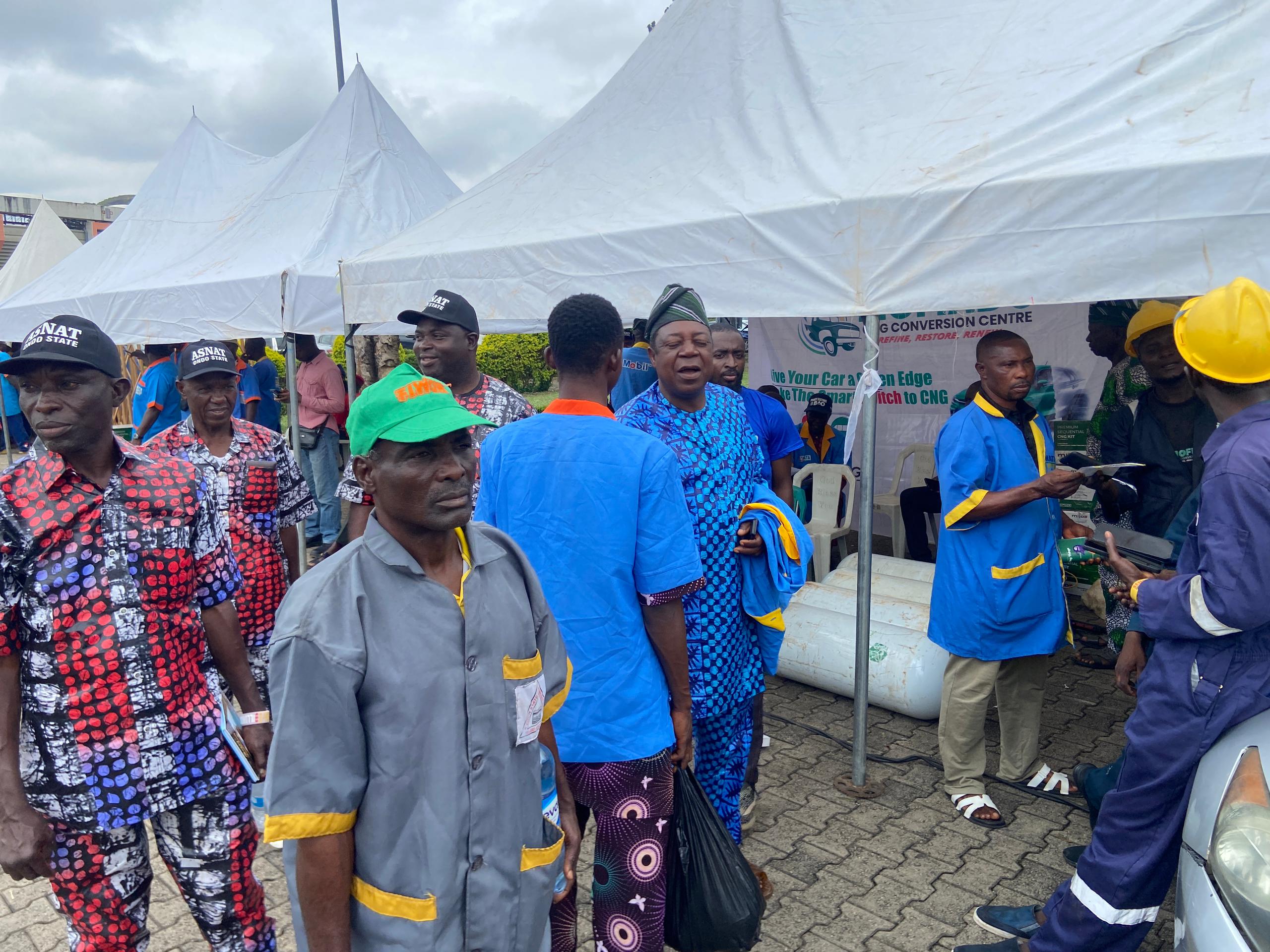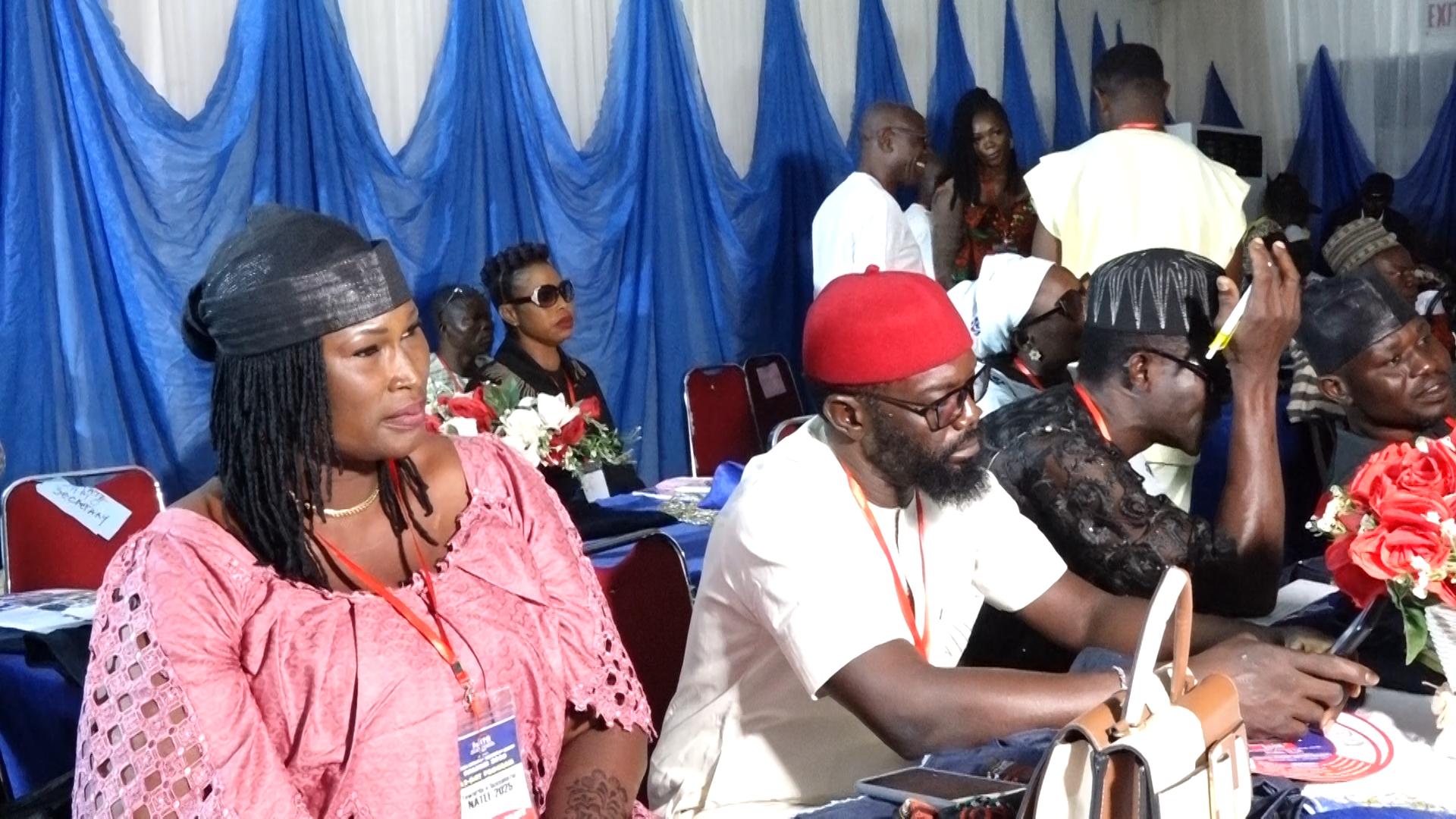ITF partners NACCIMA on talent dev’t programme
Young and skilled Nigerian artisans will soon enjoy government’s talent development for export programme, Afiz Ogun, Director-General of the Industrial Training Fund (ITF) has disclosed. Ogun said that the programme, which involves taking Nigerian to countries that require their skills, would be enjoyed by qualified and trained persons between theContinue Reading

